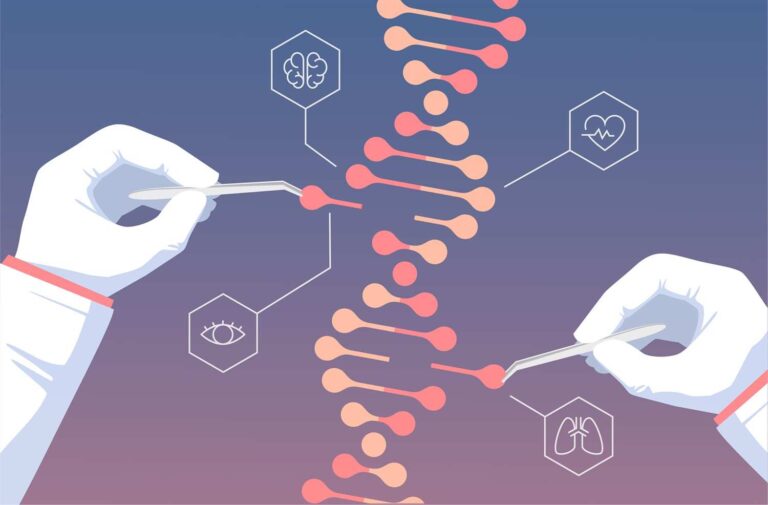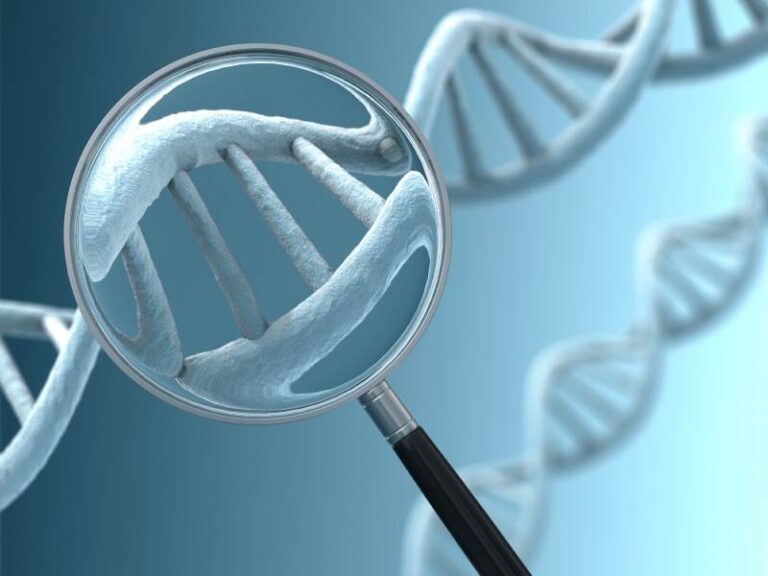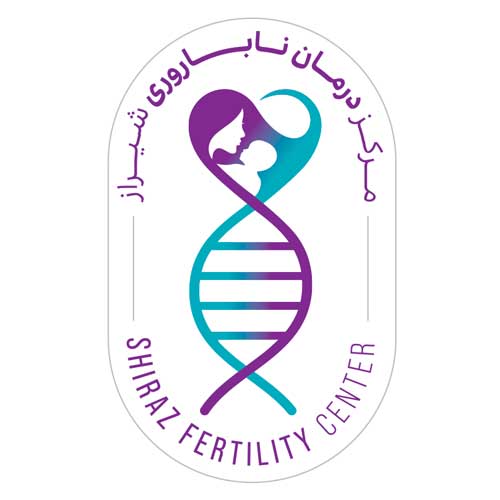
Genetic counseling
One of the important topics in the field of health is the importance of genetic counseling, meaning what genetic counseling is and to whom and when genetic counseling is recommended.
Importance of Genetic Counseling
As we know, all the traits that are inherited from parents, such as height, eye color, intelligence, various diseases, body metabolism, etc., are transferred to the individual through genes.
Genetics is the study of genes and heredity. Medical genetics, along with its diagnostic tools and methods, is rapidly advancing, enabling faster and more accurate diagnosis of genetic diseases. By utilizing these advancements, we can prevent the birth of individuals with genetic disorders and create a healthier and happier society.
In genetic counseling, by utilizing information gathered from the family history of the patients and by prescribing and examining appropriate genetic tests, we can obtain valuable information that can be used to identify the risk of future generations developing genetic diseases.
Genetic diseases can be divided into two categories:
- Chromosomal abnormalities
- Genetic diseases
Since the vast majority of genetic diseases have no cure and can impose very difficult conditions on both the patient and their family, the role of genetic counseling in preventing these diseases is crucial.

Genetic counseling can be divided into several general categories:
Diagnostic genetic counseling
The goal of this type of genetic counseling is to find a defect in the genome of the patient.
- In some cases, based on a person’s medical history and the symptoms of their disease, appropriate genetic tests can be used to determine if the disease has a genetic origin. Examples of such cases include: blindness, deafness, metabolic diseases, growth defects in children, and so on.
- Many cases of intellectual disability are caused by genetic disorders, which can be identified through appropriate testing.
- For some cancers, a link has been established between certain genes and the development of the disease. These genes can be examined using specific genetic tests. This means that mutations in these genes play a significant role in causing cancer. In some cancers, genetic testing can help select a more appropriate treatment. It can also assess the likelihood of inheritance.
Premarital Genetic Counseling
Couples can seek genetic counseling before marriage and, if necessary, undergo relevant tests. By doing so, they can significantly reduce the risk or probability of having a child with genetic disorders.
Pre-pregnancy Genetic Counseling
One of the most important concerns for all couples is having a healthy child. By undergoing genetic counseling and, if necessary, appropriate genetic tests, this goal can be achieved to a great extent.
Although it is recommended for all couples to seek genetic counseling before trying to conceive, it is especially recommended for certain couples, some of which are mentioned below:
- Couples with a history of recurrent miscarriages or stillbirths
- Infertile couples
- Couples with multiple unsuccessful embryo transfers through in vitro fertilization
- Couples who are closely related
- Couples who are distantly related but have a history of genetic disease in family members
- Couples where one of their close relatives has a genetic disease, genetic abnormality, or mental or physical disability
- Couples with a family history of early-onset cancer
- Couples who are both carriers of a genetic disease, such as thalassemia
- Couples where one of them has a chromosomal abnormality
- Couples with a history of a child with a disability (physical or mental) or a pregnancy with an unhealthy fetus
Genetic counseling during pregnancy
Click on the edit button to change this text. Lorem ipsum is dummy text used in the printing and typesetting industry.
- Mother’s age over 35 years
- Positive results in prenatal screening tests
- Abnormal results in ultrasound during pregnancy
All the cases mentioned regarding candidates for pre-pregnancy genetic counseling also apply to genetic counseling during pregnancy. However, it should be noted that referring during pregnancy to examine some of the mentioned cases, such as examining genetic diseases, is not timely, because performing some tests, for example, examining the fetus for inherited genetic diseases, usually requires an initial examination of the parents and finding the mutation, and then examining the fetus for the desired mutation, which is time-consuming. It is strongly recommended to start the genetic counseling process and perform tests for both parents before attempting pregnancy.
Available solutions for having a healthy child before conception

If, after genetic counseling and necessary tests, it is determined that a couple is at risk of having a child with a genetic disorder, they are presented with different options and guided to ultimately choose one of the following two methods:
Performing PGD
Preimplantation Genetic Diagnosis (PGD) has made it possible to examine the genetic status of an embryo before transferring it to the mother’s uterus.
In fact, PGD means performing genetic tests on cells taken from 3-5-day-old embryos resulting from in vitro fertilization (ICSI – IVF) and then implanting the approved embryos into the mother’s uterus.
Therefore, in this test, embryos resulting from in vitro fertilization are subjected to the necessary genetic tests before being transferred to the mother’s uterus. It is important to note that for some genetic diseases, legal abortion is not permitted. Therefore, if it is discovered during pregnancy that the fetus is unhealthy, it cannot be legally aborted to prevent the birth of a child with these problems. In such cases, PGD is usually recommended, where a healthy embryo, in terms of the disease in question, is transferred to the mother’s uterus.
Today, using this technique, in addition to determining the sex of the embryo, it is possible to examine chromosomal abnormalities (numerical and structural abnormalities) in the embryo, as well as examine many single-gene diseases.
In fact, PGD is the only method that prevents the birth of children with genetic diseases without the need for therapeutic abortion. It is, in fact, a reliable way that helps doctors select healthy embryos for transfer to the mother’s uterus for patients undergoing assisted reproductive technologies.

The medical genetics laboratory at the Shiraz Infertility Treatment Center was established in Mehr (October) 1391. Equipped with state-of-the-art technology and staffed by experienced professionals, this laboratory provides a comprehensive range of genetic services (pre-marriage, pre-pregnancy, prenatal) to our valued clients.
So far, 2180 PGD sex determinations have been performed using FISH PGD CGH array for infertility, miscarriage, and sex determination.
PGD for single-gene diseases such as thalassemia and SMA, and PGD HLA for the treatment of patients in need of bone marrow transplantation have been performed in this laboratory.
The success rate and pregnancy rate of PGD cases at the Shiraz Infertility Treatment Center is over 45%.
Prenatal Genetic Diagnosis (PND) refers to diagnostic tests performed during pregnancy before the baby is born. Essentially, it involves checking for the presence or absence of genetic diseases in the fetus while the mother is pregnant. If prenatal genetic diagnosis is required, a sample of chorionic villus (CVS) or amniotic fluid surrounding the fetus (amniocentesis) is taken.
